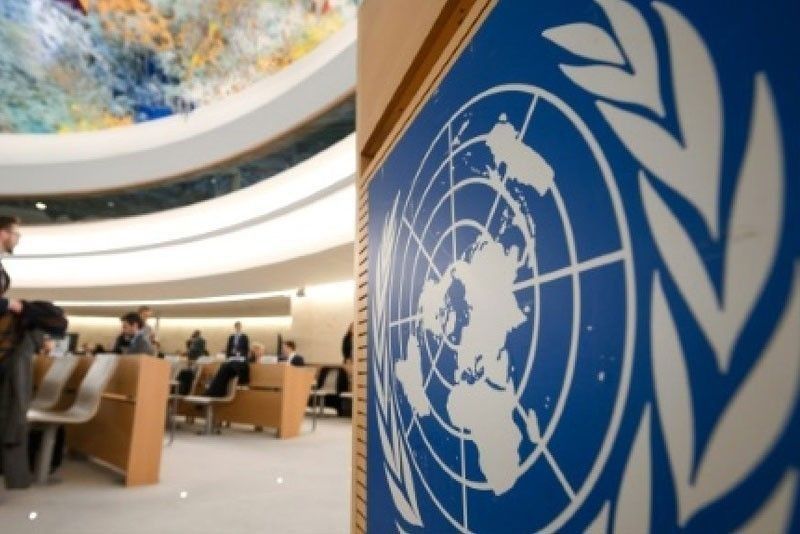Philippines signs historic UN high seas treaty

MANILA, Philippines — The Philippines signed on Wednesday the landmark United Nations High Seas Treaty that seeks to deliver stronger protection for oceans under the framework of the 1982 UN Convention on the Law of the Sea (UNCLOS).
“Honored to sign today the historic Agreement under #1982UNCLOS on the Conservation and Sustainable Use of Marine Biological Diversity of Areas beyond National Jurisdiction Agreement,” Foreign Affairs Secretary Enrique Manalo said in a post on social media platform X, formerly Twitter.
“The Philippines is proud to take this step to protect the world’s oceans for present & future generations,” he said.
Manalo is in New York City to lead the Philippine delegation to the 78th Session of the United Nations General Assembly High-Level Week from Sept. 18 to 26.
The UN oceans treaty protecting marine biodiversity, commonly known as the Biodiversity Beyond National Jurisdiction (BBNJ) treaty or High Seas Treaty, was agreed upon in June following nearly two decades of negotiations and is the first ever treaty to protect the world’s high seas.
As of Sept. 21, nearly 70 countries have signed the UN High Seas Treaty, which also seeks to strengthen the legal regime in the conservation and sustainable use of marine biodiversity in over two-thirds of the world’s oceans.
The UN’s 193 member-states, including the Philippines, in June ratified the legally binding marine biodiversity agreement under its own domestic process. The High Seas Treaty comes into force after 60 countries have ratified it.
The Philippine Mission to the UN in New York said the BBN Agreement, which imposes rules aimed at protecting the environment and heading off disputes over natural resources, shipping and other matters in waters beyond any country’s national jurisdiction, was adopted by consensus, with delegates “erupting into applause following the adoption.”
The Philippines participated for two decades in the process leading up to the adoption of the agreement.
The high seas are defined as the ocean area starting beyond countries’ exclusive economic zones, or 200 nautical miles off coastlines – covering nearly half the planet.
A key tool in the treaty will be the ability to create protected marine areas in international waters – only around one percent of which are now protected by any sort of conservation measures.
The treaty also introduces requirements to carry out environmental impact studies for proposed activities on the high seas.
Such activities, while not listed in the text, would include anything from fishing and maritime transport to more controversial pursuits such as deep-sea mining or even geo-engineering programs aimed at fighting global warming. — AFP
- Latest
- Trending



























